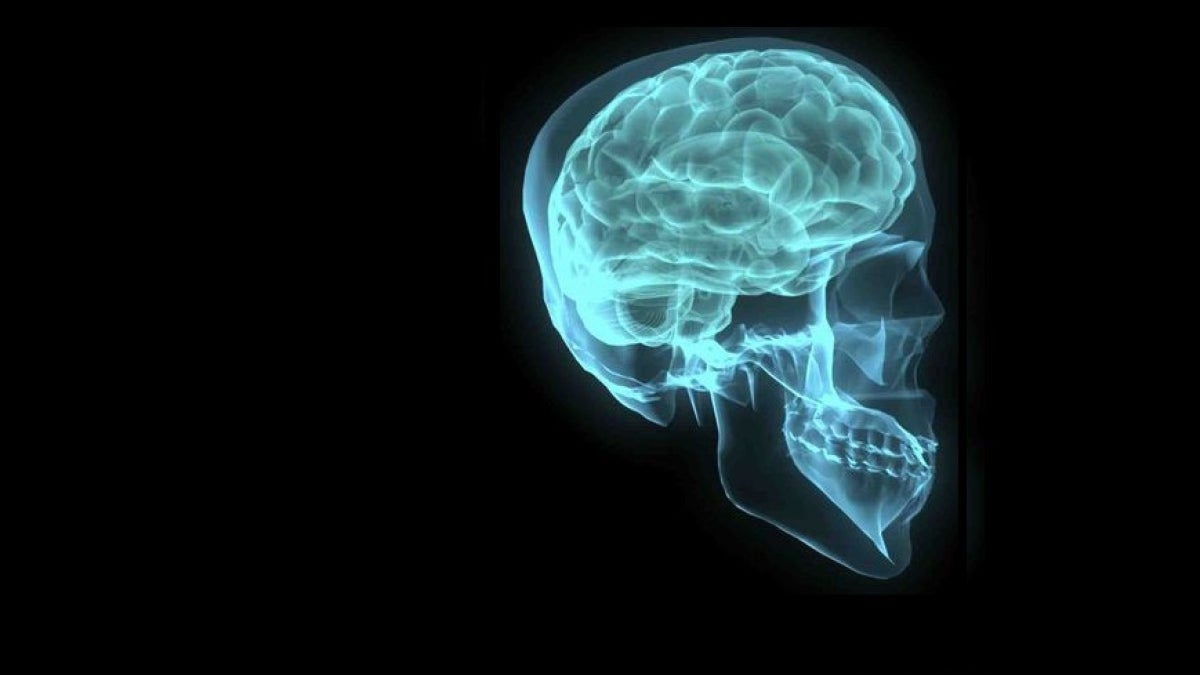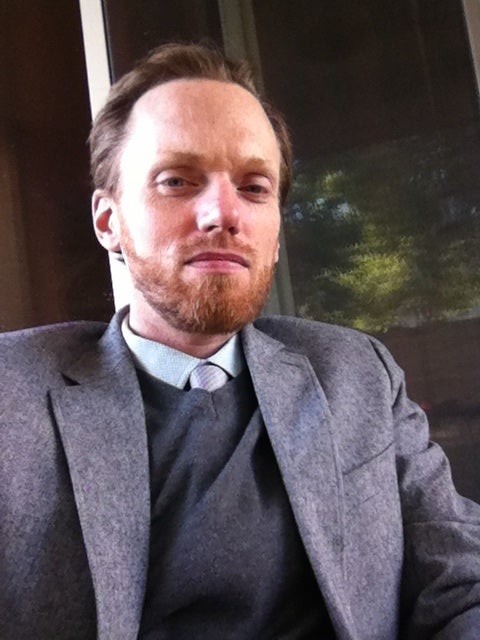Imagine never forgetting where you put your keys again. Or being able to weigh the odds at a blackjack table in seconds.
Having those kind of abilities sounds like something out of a Hollywood movie. In fact, the premise is one that has been explored in film many times before, including such recent movies as “Limitless” and “Lucy.”
In real life, we’ve yet to discover that magic little pill that will allow us to fully utilize our brain — but that hasn’t stopped some from trying.
So-called “brain training” programs offered by such websites as Lumosity and Cogmed have claimed that users can stave off dementia and even augment their intelligence. The training exercises consist of games that are geared toward improving an individual’s attention span and working memoryWorking memory is the ability to quickly recall information..
However, those companies have recently come under fire on charges of deceptive advertising — earlier in January, it was announced that Lumosity will pay $2 million to settle Federal Trade Commission charges — after several researchers in the field found that there was little to no evidence to support their claims of increased memory or intelligence.
Arizona State University professor Zach ShipsteadZach Shipstead is an assistant professor in the School of Social and Behavioral Sciences, an academic unit of the New College of Interdisciplinary Arts and Sciences on Arizona State University’s West campus. (pictured left) agrees with them.
Along with colleagues, Shipstead conducted a study a few years ago on one of the games included in Lumosity’s suite of training exercises called the Dual N-Back task.
“Supposedly Dual N-Back improves working memory, improves intelligence, and we didn’t find any evidence of that, relative to a couple of different control groups,” he told HuffPost Live in a Jan. 7 Skype interview.
According to Shipstead, consumers should be cautious when it comes to the expanding market of brain-training programs because there’s just not enough evidence to show they actually work.
“There have been a lot of interesting small findings [in the field] but right now, the effects we’re producing are only large enough to be scientifically meaningful; not something that can be applied to real-world situations,” he said.
More Health and medicine
College of Health Solutions program doing its part during Salute to Service
It wasn’t always easy for Marine veteran Chuck Hale when he first returned to civilian life. But he’ll never forget the help he received from a fellow former service member.“The first vet that helped…

What makes human culture unique?
Why is human culture — the shared body of knowledge passed down across generations — so much more powerful than animal cultures?“What’s special about our species?” is a question scientists have…

ASU honors students work on HPV research as part of Barrett College's largest-ever group thesis
Not every undergraduate student comes across the opportunity to do research as part of a team. Even fewer have had the chance to join a team of 86 students doing multidisciplinary research with real-…

